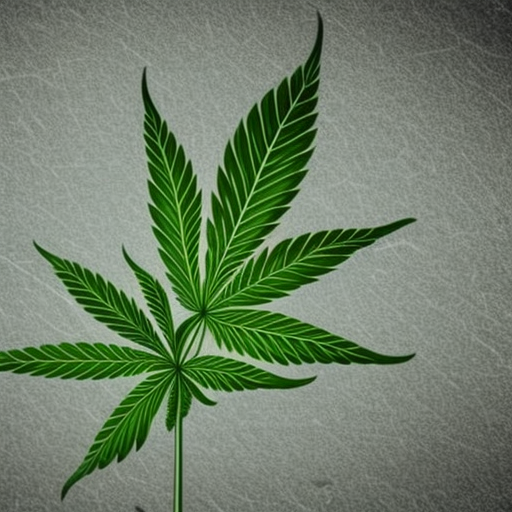
Amphetamine addiction is a serious issue that affects many individuals. Amphetamines are central nervous system stimulants that are commonly used to treat conditions such as ADHD, narcolepsy, and obesity. However, these drugs can also be abused, leading to addiction and various negative effects on the individual’s health.
According to the American Addiction Center, prescription medications like Adderall, Dexedrine, and Vyvanse are all examples of amphetamines commonly used to treat ADHD. These medications can have side effects that some individuals seek out for non-medical reasons. For example, a study conducted at the University of Philadelphia reported by Time magazine in 2010 found that academic students were abusing Adderall and Ritalin to enhance their focus and performance in studies.
While occasional use or oral consumption of amphetamines may be common among some individuals, those with addiction disorders find it difficult to stop using these drugs. They may resort to more dangerous methods of administration such as snorting, smoking, or injecting the drug to achieve a faster and more intense high. The Drug Enforcement Administration reports that black market amphetamines are often referred to as Crank, Ice, Speed, or Uppers. The abuse of amphetamines is prevalent, with the 2015 National Survey on Drug Use and Health revealing that 1.8% of the population aged 12 and above had abused these medications.
Although amphetamines initially provide increased energy and focus, they carry a high risk of long-term dependence and have numerous side effects. Some less serious side effects include weight loss, insomnia, and headaches. However, more severe effects can include heart problems, psychosis, and even death.
The use of THC and CBD has been suggested as a potential treatment for amphetamine addiction. Cannabinoids have been found to alleviate symptoms such as anxiety and depression often associated with addiction disorders. A study published in the journal Neuroscience in 2013 demonstrated that medical cannabinoids could help alleviate withdrawal symptoms in individuals addicted to opiates and heroin. Additionally, a 2019 study published in the journal Molecules found evidence suggesting that CBD treatment could be successful in addressing addiction to substances such as cocaine and methamphetamine.
These studies imply that the anti-inflammatory properties of CBD may aid in repairing liver and brain damage caused by amphetamine use. Several other studies, including one published in the journal Psychopharmacology in 2004, have also suggested potential positive effects of THC and CBD on conditions induced by amphetamine use. However, the use of medical cannabis for amphetamine addiction remains somewhat controversial, with concerns raised about whether one drug is simply being substituted for another. Further research and clinical trials are necessary to definitively determine the efficacy of THC and CBD in addressing addiction problems.
In conclusion, amphetamine addiction is a serious issue that can have severe consequences for individuals’ health and well-being. While amphetamines are valuable medications for treating certain conditions, their misuse and abuse can lead to addiction. The potential use of THC and CBD as treatments for amphetamine addiction shows promise but requires further research to establish its effectiveness. It is essential for healthcare professionals to monitor patients using amphetamines closely and provide appropriate support and resources for those struggling with addiction disorders.

